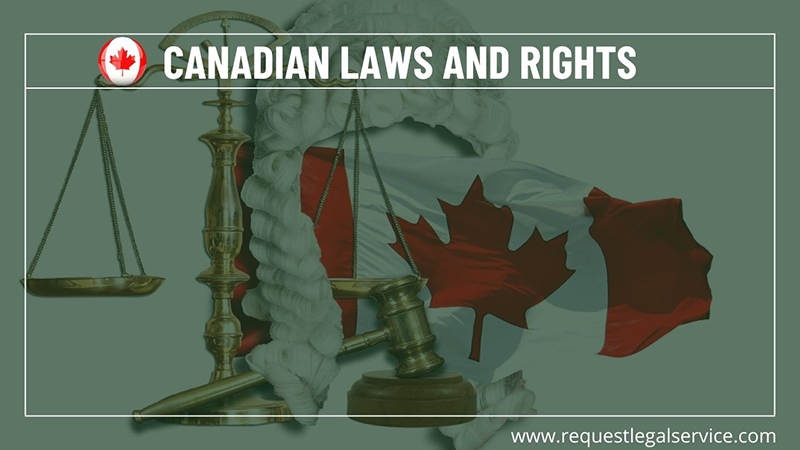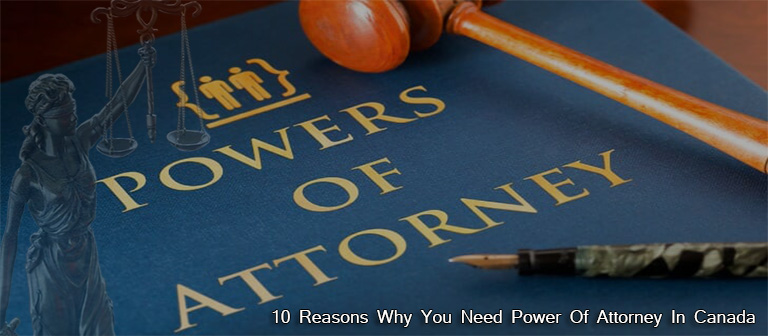
A Brief Understanding of Canadian Laws and Rights:
To understand Canadian Laws and rights, we must check out the following matters and points.
Who Makes the Laws?
There are Federal and provincial laws that portray the rights and obligations of Canadian residents or citizens.
Canadians vote in favor of individuals representing them in the Federal, provincial, and local governments. Usually, decisions are held at intervals of four years.
The person who gets the most votes becomes a delegate. They must make new laws in light of the policy decisions and choices of the elected government.
Laws in Canada can change. People can cooperate in attempting to impact elected representatives. They try to induce the government to change the code through tranquil methods.
Canadians compose letters, sort out political protests, work with ideological and political groups or join intrigue groups with individuals who have indistinguishable thoughts from what they do.
Changing the law this way takes a great deal of time and work. However, most Canadians accept that moderate, peaceful change is ideal.
Legal Responsibilities
Canadians have legal obligations just as rights. Therefore, everybody in Canada must pursue the law.
It would be best if you obeyed the law, regardless of whether you don’t have the foggiest idea about it or don’t concur with it.
Individuals in the government, the police, and the military must also obey the law.
If you don’t obey the law, you may be in court.
If you violate criminal law, the police may capture you, and you could be imprisoned if you are found guilty.
If you have a civil or family law dispute, you may need to go to court to have a judge choose the case.
See Types of Law beneath for more data.
Canadian Charter of Rights
The Canadian Charter of Rights and Freedoms (additionally called “The Charter”) ensures the rights and opportunities for all things considered and inhabitants of Canada.
The Charter is a piece of the Canadian Constitution. A portion of Canada’s significant lawful rights are:
- The privilege to be thought of as guilty until proven.
- The privilege to have a fair trial in court.
- The privilege is not enduring cruel or unusual punishment.
All Canadians have some significant freedoms. You can:
- Talk openly.
- Have faith in any religion or no religion.
- Meet with or join any group of people aside from a terrorist association.
- Live and work anyplace in Canada.
- Take an interest in gentle political exercises.
All individuals in Canada are equal in the eye of the law. Discrimination is illegal.
To oppress, somebody intends to treat the person in question uniquely in contrast to others unfairly.
The law says that nobody can victimize you due to your:
- race
- national or ethnic origin
- religion
- color
- sex
- age
- mental or physical inability
Visit the Department of Justice site to peruse most of the rights and freedoms ensured under the Charter.
See the area on Human Rights to get familiar with segregation and your privileges.
The Charter is very significant in criminal law. It influences all territories of criminal law, similar to how the police investigate a crime, ensure a fair and reasonable trial, and give sensible sentences.
Types of Laws In Canada
There are various types of laws in Canada, and different governments make these laws.
Criminal law
Criminal law manages crimes, such as robbing a bank. The Criminal Code of Canada figures out what a crime is.
An individual may be imprisoned if the person in question is indicted for committing a criminal offense.
Civil law
Civil law manages agreements among individuals and associations. It incorporates things like contracts, purchasing property, personal injuries, etc.
If individuals can’t take care of civil law issues independently, they may need to file a lawsuit to have the case chosen by a judge.
The individual who begins the legal activity is classified as “the petitioner or claimant.”
The individual who the plaintiff is suing is designated “the litigant or defendant.”
In a civil trial, the plaintiff must demonstrate their case “on equalization of probabilities.”
The plaintiff must persuade the judge that their case is “bound to be more valid” than the defendant.
Family law cases, similar to divorce, are other types of civil law.
Administrative law
The third kind of law is administrative law.
Different government organizations, courts, and tribunals manage rules that identify with everyday things like business, employment, real estate, health, and industry. It is called administrative law.
The BC Residential Tenancy Branch and the BC Employment Standards Branch are instances of government organizations that make strategies and direct the use of laws identifying rental disputes and employment issues. They manage administrative law.



